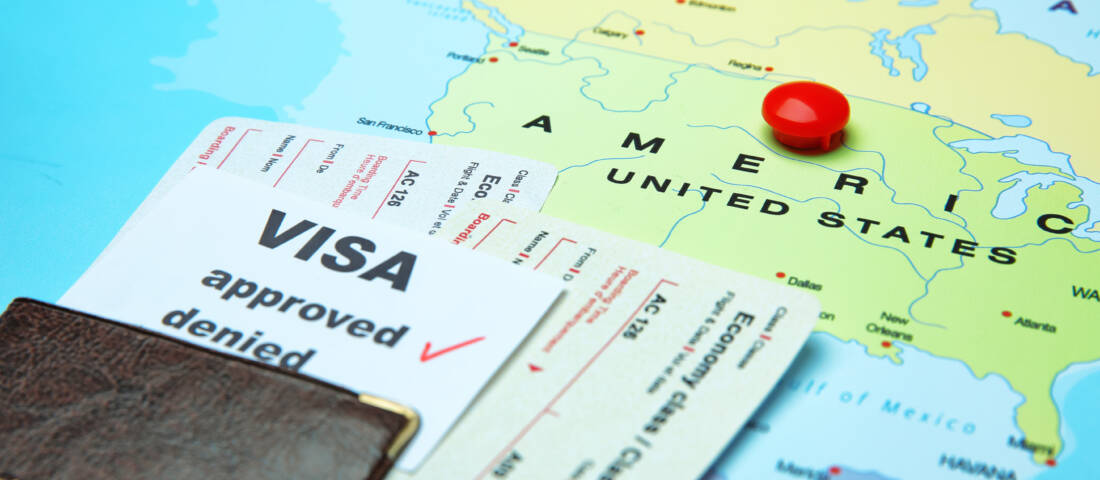On August 2 President Trump introduced an immigration reform bill to cut immigration to the United States, saying the Reforming American Immigration for Strong Employment (RAISE) Act would replace "our low-skilled [immigration] system with a points-based system." The bill would change the U.S. system for granting legal residency, or green cards, by giving priority to high-skilled, English-speaking immigrants. Immigration reform was a key platform in Trump's 2016 presidential campaign and he pledged to put American workers first. The bill announcement states, "This system is similar to the merit-based immigration systems used by Canada."
The U.S. Department of Homeland Security reports 1,051,031 immigrants gained permanent residency in the United States in 2015.
The Trump administration has introduced other immigration reforms including executive orders to suspend visa processing for citizens of 6 primarily Muslim countries.
How U.S. Immigration Cuts Impact Canada
The proposed changes to U.S. immigration laws could impact immigration here in Canada:
- Well-educated immigrants could perceive Canada as a welcoming, friendly country with more opportunities and choose to immigrate to Canada over the U.S.:
Venture capitalists and angel investors in Canada said his executive order could cause highly educated immigrants — an important talent pool for fast-growing technology companies who need engineers, developers and salespeople — to seek work in hubs across the border, like Toronto and Vancouver, rather than in Silicon Valley.
- More asylum seekers could seek refuge in Canada.
Calgary immigration lawyer Evelyn Ackah sees U.S. immigration changes as an opportunity for Canada to attract skilled immigrants that improve the economy:
Many well-educated, talented and creative people want to move to our country to work or start a business that will improve our economy and create jobs. I look forward to working with people from around the globe who want to move here and help build a stronger Canada.








